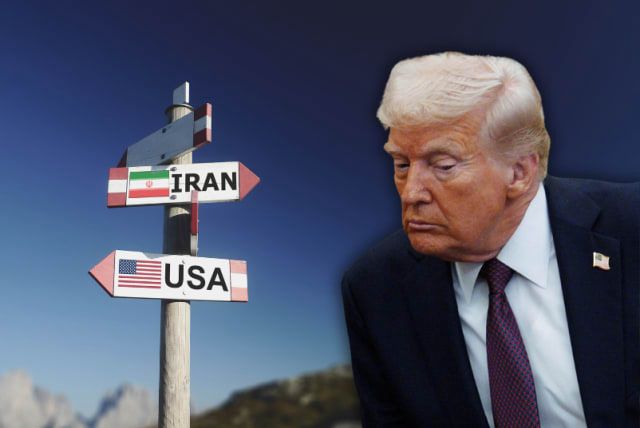US President Donald Trump announced that the United States is nearing a nuclear deal with Iran, stating that Tehran has sort of agreed to the terms. Trump made these remarks during a business event in Qatar, part of his ongoing Middle East tour. He emphasised the potential for long-term peace through serious negotiations.
The proposed deal would reportedly limit Iran’s uranium enrichment in exchange for relief from crippling US sanctions. Trump mentioned two possible paths forward, which are a diplomatic solution and a violent step, that he prefers to avoid. Oil prices dropped around $2 on expectations of a potential US-Iran nuclear deal that could ease sanctions.
Read also: US, Iran resume nuclear talks amid tensions
Iranian Foreign Minister Abbas Araghchi suggested that significant gaps remain between the two sides. In a statement, Araghchi expressed hope for a more realistic approach from the US in future negotiations.
An Iranian official, however, indicated a willingness to make concessions on the nuclear program in exchange for sanctions relief. Ali Shamkhani, an adviser to the nation’s Supreme Leader, stated that the country would commit to not developing nuclear weapons, limit uranium enrichment and allow international inspection.
Iran’s President Masoud Pezeshkian responded critically to Trump’s comments, accusing him of trying to create instability within the country. Pezeshkian denied allegations that Tehran is the “most destructive force” in the Middle East, attributing regional instability to US actions.
The two countries have held several rounds of talks, mediated by Oman, with further negotiations planned. While both sides prefer diplomacy, key differences persist, particularly regarding Iran’s uranium enrichment activities and the scope of sanctions relief. The potential deal’s success hinges on navigating these complex diplomatic challenges.



